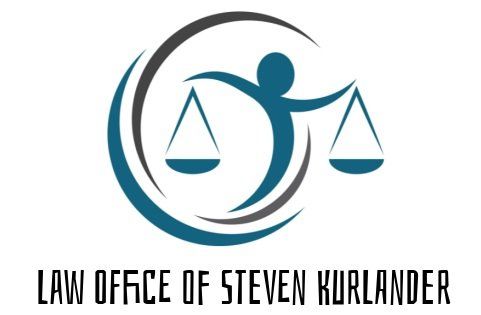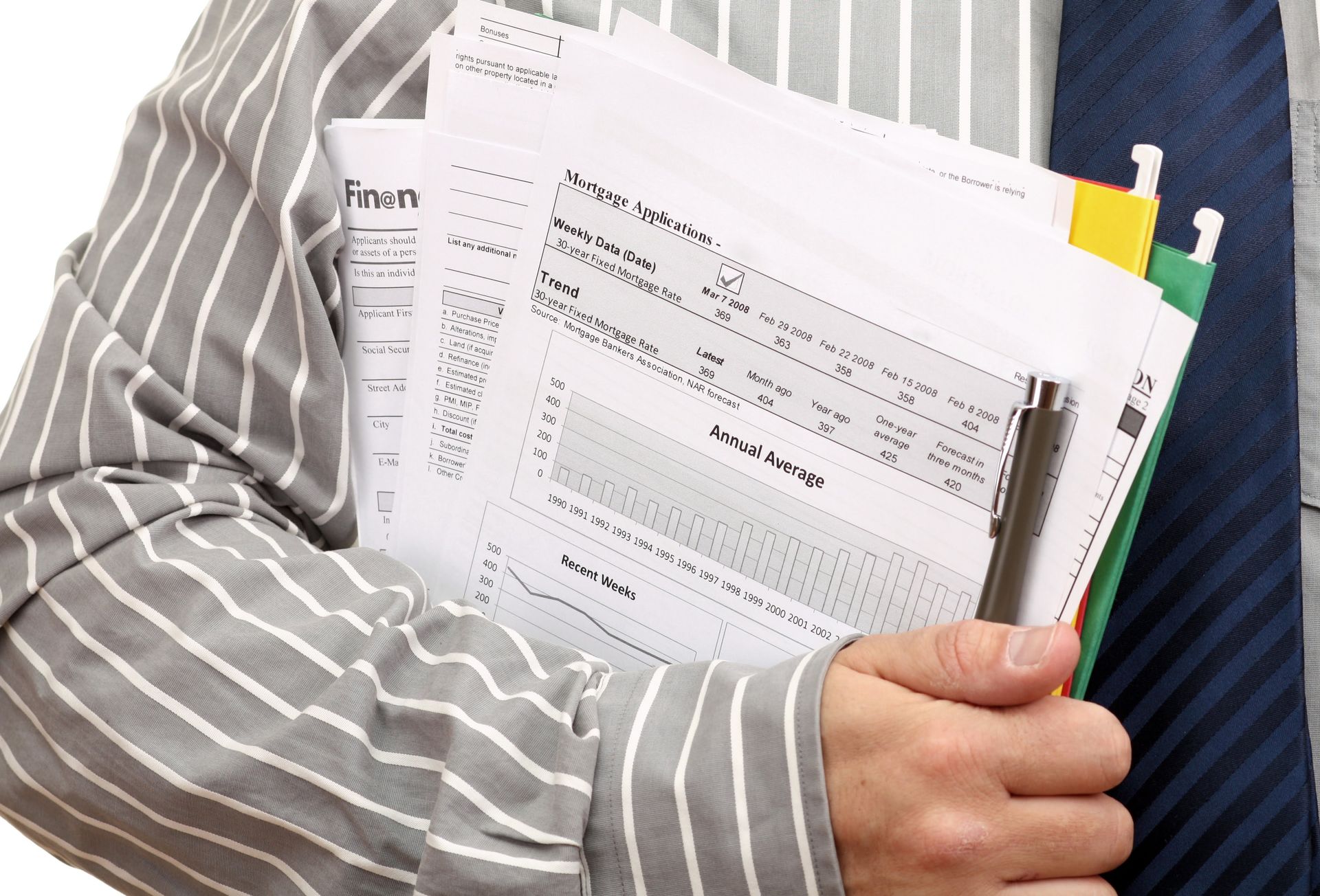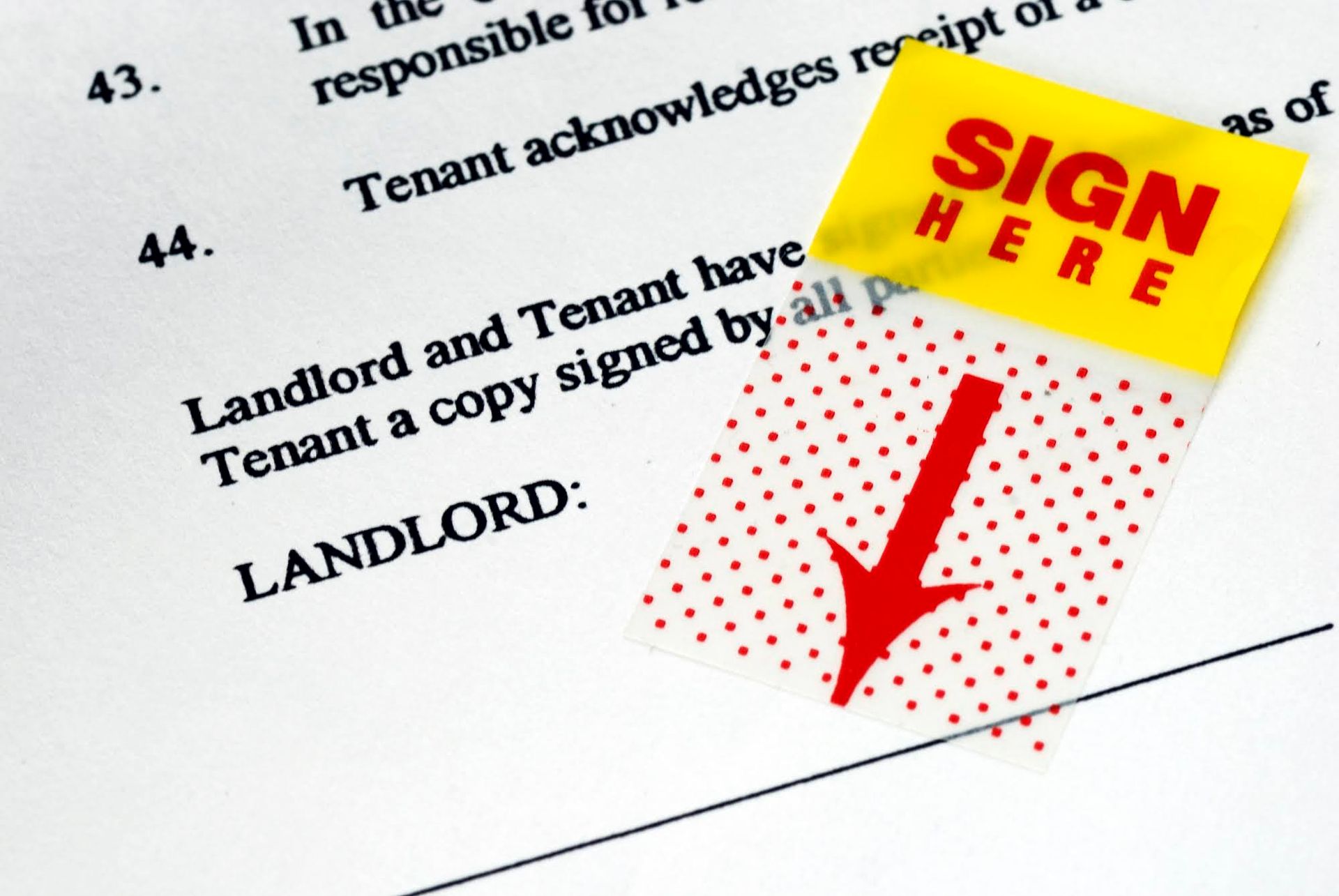5 Ways To Qualify for Multiple FHA Loans

A Federal Housing Administration (FHA) loan is a viable financing option for a first-time potential homeowner. However, a borrower must meet specific requirements to qualify for an FHA loan. Nonetheless, some FHA credit holders may not know they could be eligible for multiple loans.
A borrower doesn't have to clear an existing FHA loan to qualify for another one, which allows you the opportunity to buy a new home without significant financial constraints. This blog highlights five ways to qualify for a second FHA loan.
1. Relocate
Relocating to a new town qualifies you for a second FHA loan. However, the distance from your first residence to your new home must be at least 100 miles for eligibility. In addition, your relocation must be employment-related, including retirement. Therefore, you should meet both conditions to be suitable for a second loan.
Relocation from New York to a new residence in the Catskills qualifies you for a second government-backed mortgage since the towns are more than 100 miles apart. Real estate lawyers understand the 100-mile rule and will work closely with housing agents to help clients get properties that meet this condition.
2. Finance a New Primary Residence
Your residence type is another requirement that lenders consider before granting a second FHA loan. A homebuyer must prove they intend to use a second property as their primary residence.
Lenders consider non-adherence to FHA occupancy rules as an act of bad faith, which could affect eligibility for future loan applications. You can contact a real estate attorney for questions about primary occupancy guidelines to ensure you adhere to them so your second loan application is successful.
3. Increase Family Size
18% of Americans live in multigenerational homes due to extensive housing costs. Therefore, retirees and loved ones are able to save money by sharing a living space. The decision to retire in a house that accommodates more family members improves eligibility for a second FHA loan.
FHA loan limits depend on the type of property a borrower seeks to finance. Thus, a multifamily home for a multigenerational household is eligible for a higher loan limit than a single-family house. A lawyer can converse with a real estate agent to find a property that meets a client's multigenerational family needs.
4. Leave a Co-Owned Home
Leave a co-owned home to increase your chances of securing a second FHA loan. For instance, a retiree's spouse might prefer the city's convenience for their work rather than a remote town with their partner. In such a case, you should purchase a new home with an FHA mortgage.
Each spouse lives in one of the two homes, which qualifies these houses as primary residences. You should leave a co-owned home and buy another property as a primary home to fulfill two requirements and improve your eligibility for a second FHA loan. You can speak with a real estate lawyer to draft a second FHA loan application that clarifies the arrangement with your spouse.
5. Co-Borrow with a Family Member
FHA rules allow a loan holder to apply for a second credit if they co-borrow with a family member. A co-borrower does not have to occupy a property to qualify as a co-signer. The flexibility makes FHA loans attractive to people interested in a second mortgage.
Since income might reduce on retirement, qualifying for a second FHA loan may not be possible. However, FHA rules qualify a working family member as a co-borrower, even if a retiree has no income. This option is affordable for retirees because a co-signee can finance a second loan with their salary.
An active FHA loan only disqualifies you for a second financing if you don't meet the minimum requirements. Contact us at the Law Office of Steve Kurlander for expert advice on improving your eligibility for multiple FHA loans.










